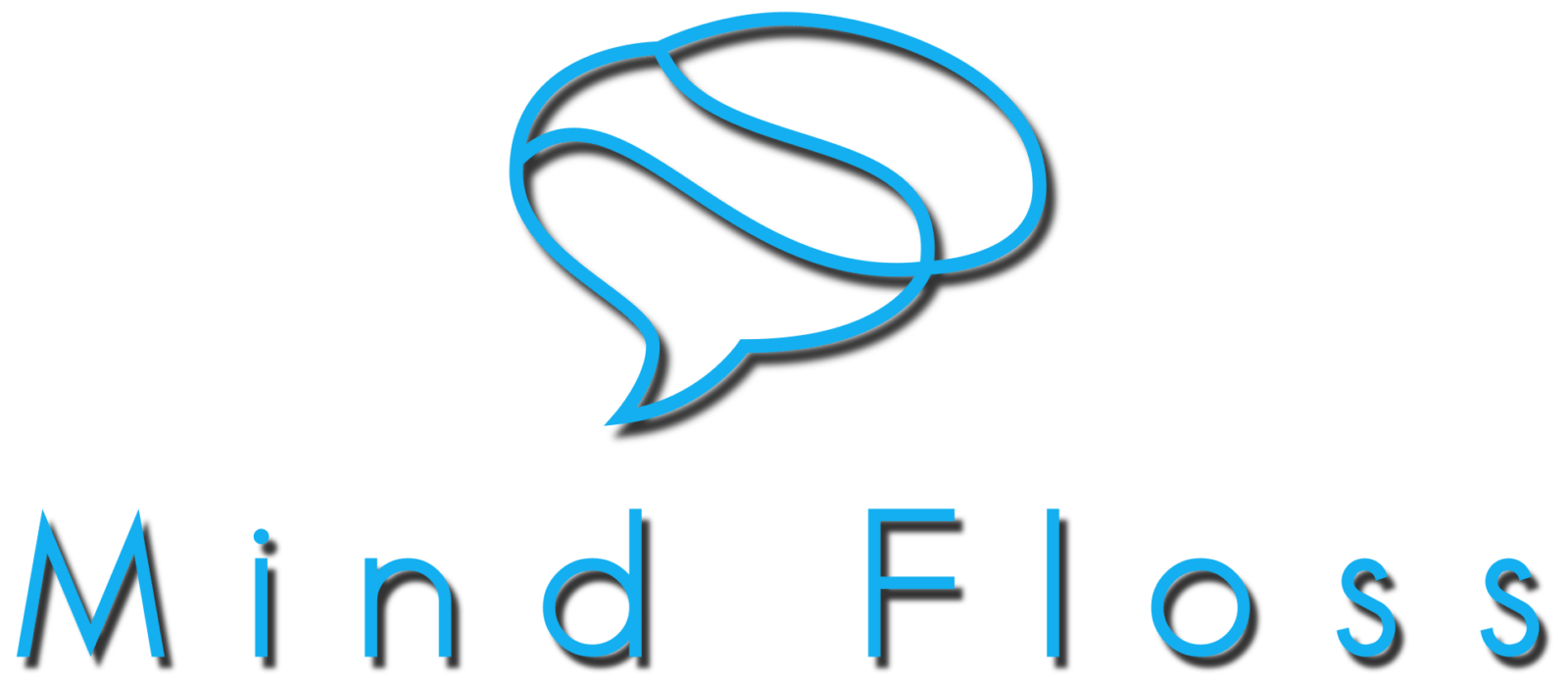Most of us will have noticed the connection between our mind, nervous system and immune system at one time or other. No doubt you have felt sick with a cold or virus at a particularly stressful period in your life? Have you wondered how hypnotherapy for stress can help boost your immune system?
Perhaps you’ve noticed that existing conditions are worse at times of stress? Or that you become more susceptible to colds or bugs when you’re feeling under the weather.
The term used for this connection of parts is psychoneuroimmunology, it’s a complex mechanism that has an important role in our overall well-being. Today I’m going to break it own into the basics.
The Mind-Body Connection
There exists within us an intricate interplay between our thoughts, emotions, and physical health.
Now, Psychoneuroimmunology may not be the easiest word to say out loud or remember, but it is an important concept. It is a subject the brings together the mind, body and immune system as a whole, and looks at how things like stress and low mood impact our immune system in negative ways.
By taking into account the connectedness of these parts and seeing them as a whole system, we can assess our mental and emotional health in a way that allows us to understand the way we feel in our bodies, and how our thoughts and emotions effect out immune system and our overall health.
Exploring Psychoneuroimmunology
Stress and Immune System Function
When we are stressed, anxious or depressed our immune system struggles, its ability to fight off infections and disease is profoundly compromised. Research has now shown that chronic stress or depression cause our immune systems to weaken. That’s because chronic stress causes the release of stress hormones such as cortisol which suppress immune cell activity and hinder the body’s defense mechanisms, and this leads to us catching viruses, inflammation, or aggravates existing conditions like IBS etc.
Neurotransmitters and Immune Response
The body’s immune response is regulated by the chemicals in our brains. One of the most important of these neurotransmitters is serotonin because it plays a major role in mood regulation, and also influences immune cell activity. Dopamine, norepinephrine, and gamma-aminobutyric acid (GABA) are other important chemicals that play a major part and are affected in much the same way.
The Role of Inflammation
Inflammation is the body’s own natural way of responding to an infection or injury. But chronic inflammation goes even further than that because it exacerbates existing conditions and contributes to yet further health implications, including autoimmune disorders and cardiovascular diseases. Our psychology matters because it has a major impact on increasing our inflammation levels. For instance, chronic stress and negative emotions will increase inflammation, while relaxation techniques have dramatic anti-inflammatory effects.
Mind-Body Interventions
Mind-body interventions have grown massively in modern times, especially in the West where we have been lagging behind other parts of the world. These practices are now widely accepted and appreciated for their effectiveness at improving overall well-being and health. Therapeutic practices like meditation, mindfulness, and relaxation are accepted as important influences on the mind-body connection, it is no wonder so many people across the world incorporate them into their daily lives and practice them regularly as part of their daily routines. These practices cultivate a sense of calmness, they foster positive thoughts and emotions, and as a result they reduce stress and cortisol allowing the mind and body to re-balance.
The Role of Hypnotherapy in Psychoneuroimmunology
A lot of research has now been conducted into hypnotherapy and has shown it to be a promising therapy that plays an important role in the field of psychoneuroimmunology. I like to think of it as a supercharged version of relaxation, mindfulness, and meditation that harnesses the power of the mind-body connection by promoting positive changes in mental and emotional states and a focused mindset. This of course has significantly positive effects on immune system functioning as a result.
Reducing Stress and Enhancing Immune Response
Because of its power in reducing chronic stress, hypnotherapy is now playing a valuable role in positively impacting the immune system and improving people’s lives. Research studies have demonstrated the efficacy of hypnotherapy at significantly reducing stress markers, such as cortisol levels, and restoring a balanced immune system. In 2007 the Journal of Consulting and Clinical Psychology published a study that found hypnotherapy improved immune function for breast cancer patients undergoing radiotherapy.
Modulating Inflammation and Autoimmune Disorders
Relaxation and regulation of the body’s stress response is key to modulating inflammation, because it plays such a significant role in various autoimmune disorders and chronic diseases. Hypnotherapy is one of the most powerful techniques in achieving this result. The fact’s speak for themselves in a published research in the Journal of Rheumatology 2013, this study showed that hypnotherapy led to major reduction of inflammation in rheumatoid arthritis sufferers.
Enhancing Psychological Resilience and Coping Strategies
Psychological resilience and effective coping strategies are crucial components in the management of well-being and a healthy immune system. Hypnotherapy helps individuals to integrate and develop resilience, coping skills, and emotional regulation at a deep subconscious level. It promotes the production of serotonin and reduces cortisol. When these elements are in balance we are happy, coping, brave and in control.
Promoting Mind-Body Integration and Well-being
At a fundamental level, hypnotherapy brings about a sense of balance and well-being, it does this by tapping into the mind-body connection, integrating them so that they work in harmony with each other. In a state of deep relaxation and mental focus the individual can tap into their own innate capabilities to support themselves and their immune system.




